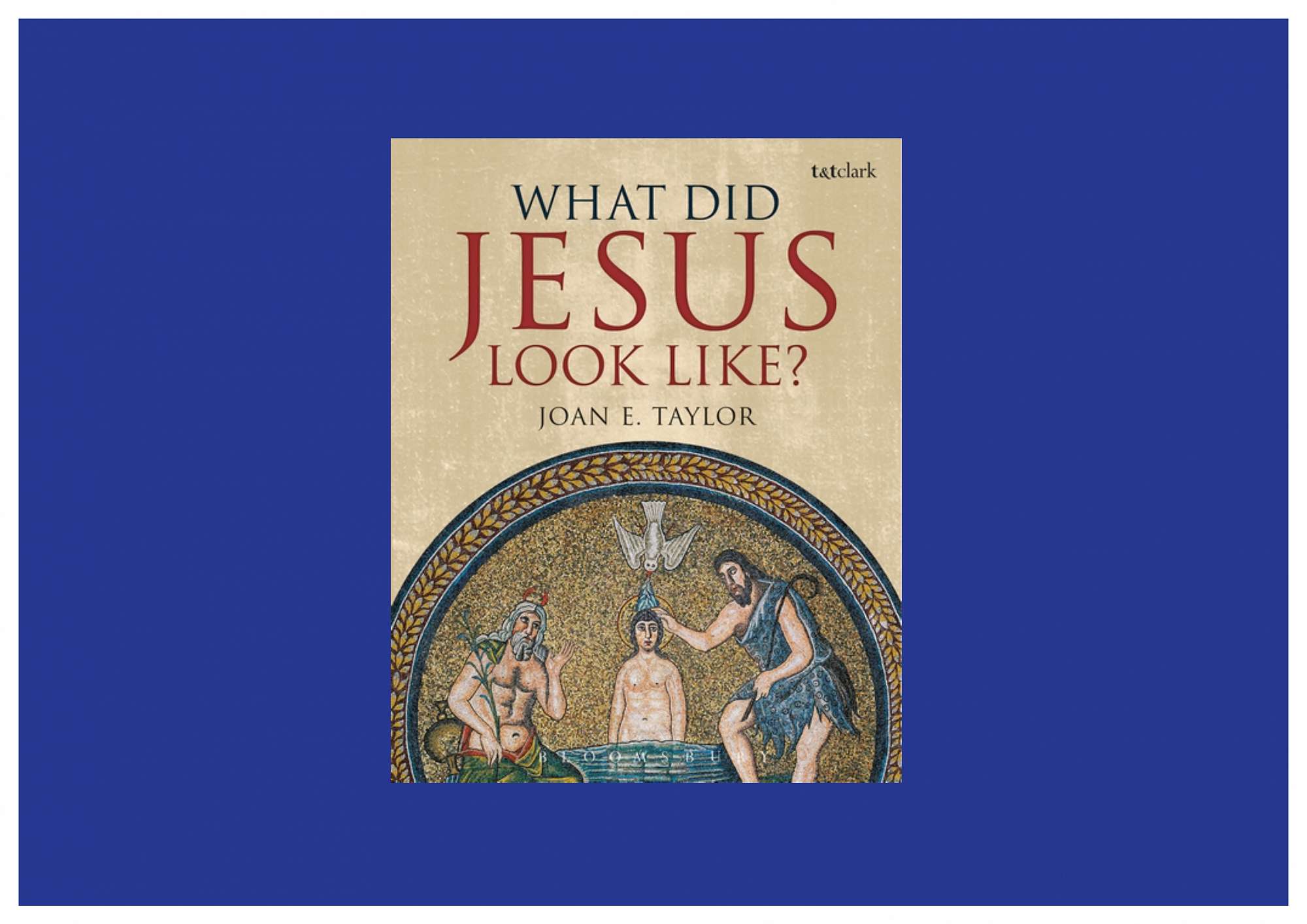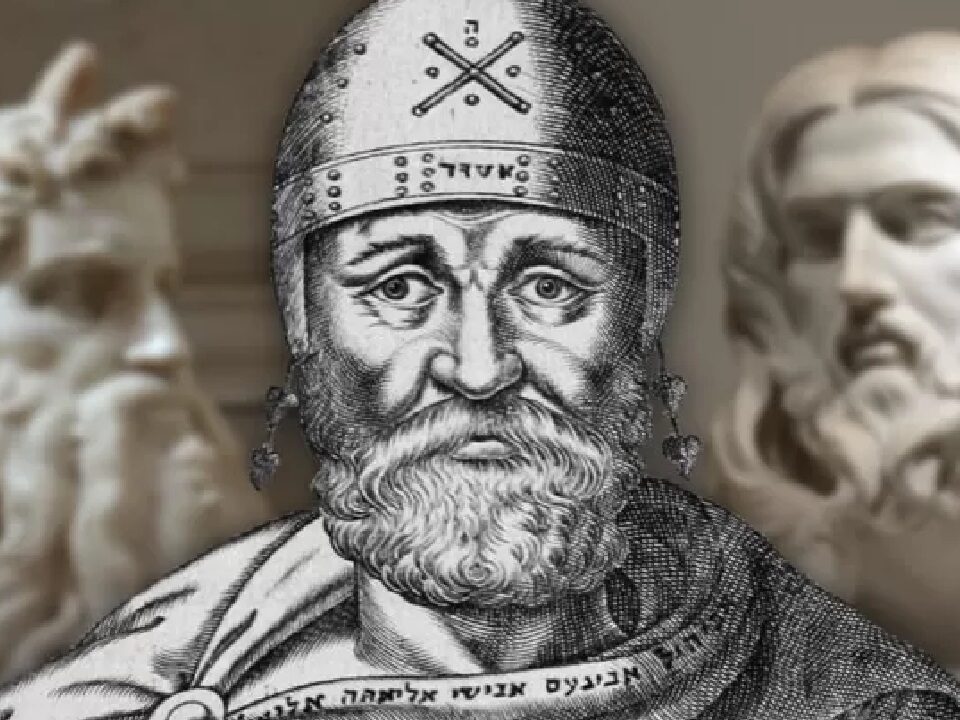
Dictionary Definition of God
March 31, 2020
Moses: “god-man”
April 29, 2020The chief agent of God in Revelation

By James McGrath, The Only True God, p 74f.
The sacrificial worship due to God alone is thus not shared in Revelation. What is shared are the divine throne and titles. If at the beginning of the book, “the one seated on the throne” was a designation of God in contrast to the Lamb, by the end of the book the throne is described as being “the throne of God and of the Lamb” (22:1, 3).
There is also a clear sharing of the same titles between God and Christ—in particular, “Alpha and Omega” (21:6, 22:13) and “Beginning and End” (21:6, 22:13). This sharing of titles stands within Jewish agency tradition, which transferred titles to an emissary as a way of showing his authority to speak and act for the one who sent him.
In one sense, there is no more need to ask what these designations mean when applied to Christ, any more than it would be appropriate to ask what the name of God means when borne by the angel Yahoel or what the designation “the little Yahweh” means when applied to Enoch-Metatron in 3 Enoch. The transfer of name or title singled out the individual in question as the divine agent who represents God’s interest fully.
When read from our standpoint in history, many find these ideas to be problematic, and indeed, it is for this reason that later rabbis took steps to limit speculation about a chief divine agent. Yet it is important not to read texts like Revelation in light of definitions of monotheism that only arose later. This transfer of designations to God’s agent (including ones that normally belong to God alone) is a frequent feature of Jewish and Christian texts from this period.
There is thus no need to introduce new terminology such as “divine identity,” as Bauckham does. The already existing language and category of agency appears to do justice to the observed phenomena.
It is sometimes asked whether “Beginning and End” when applied to Christ refers to his role in the first creation or in the new creation. But as in other comparable agency texts, the point is neither the same nor a different meaning that the divine name or title carries when borne by the agent, but precisely the fact that these names or titles point away from the agent back to the source of his authority, the one who sent him.
The examples from Revelation precisely parallel the transfer of roles and attributes between the sender and the sent, between God and his agent, that one fi nds elsewhere in early Jewish literature. The language and imagery used is thus well within the bounds of what one might expect to find in a Jewish context as a response to the arrival of God’s eschatological redeemer.
The fact that the same sharing of throne and sovereignty is explicitly said to extend to Christians as well is not without significance.
[Note also 2:26–27, where a messianic text is extended to Christians.]

